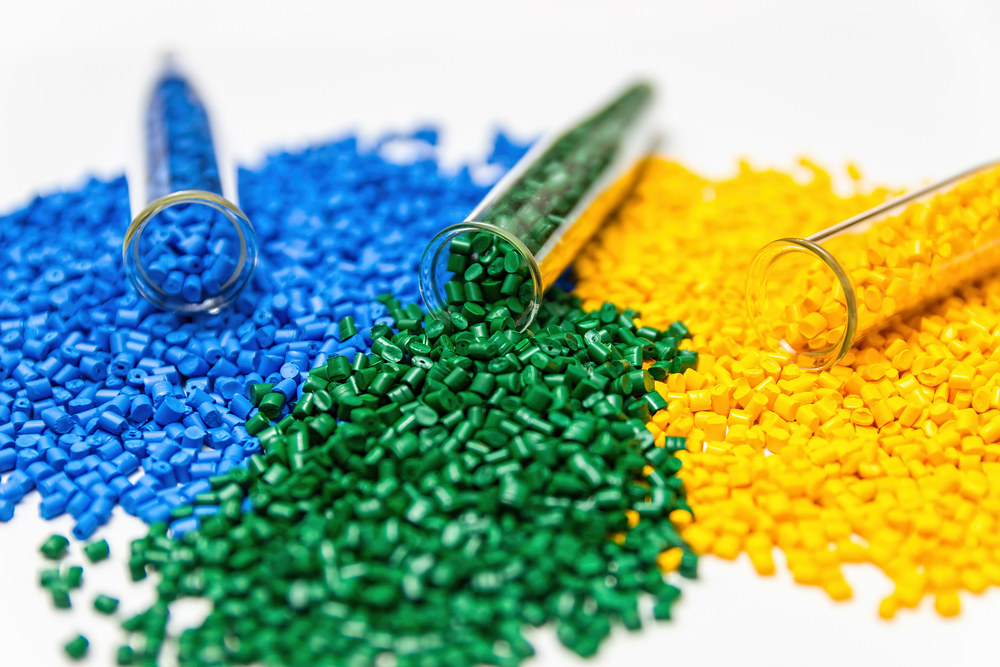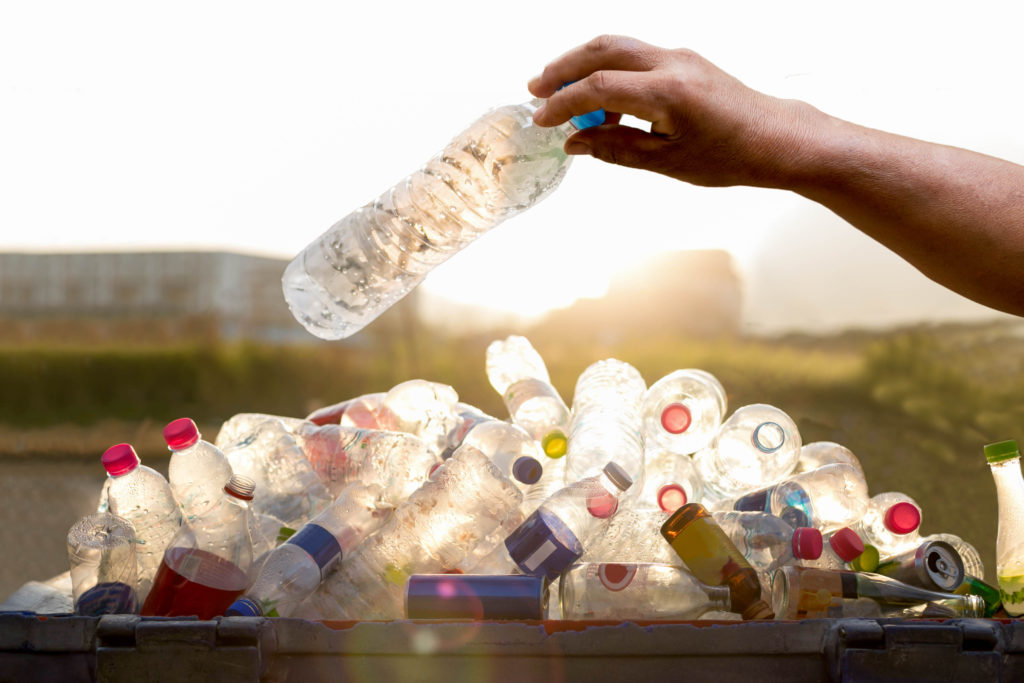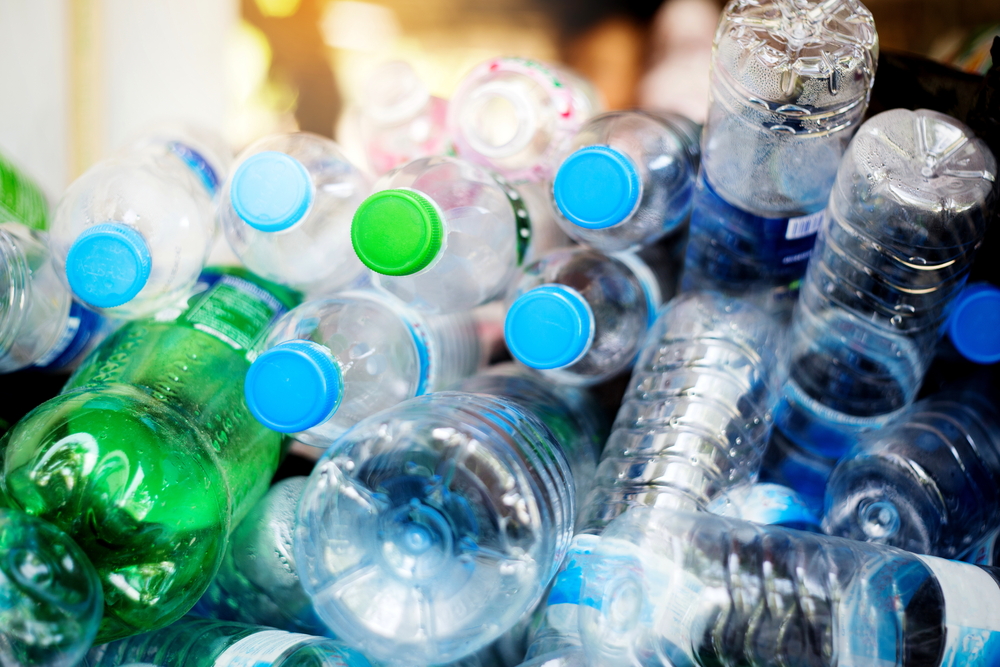These types of plastics are not yet widely used in the UK but the BPF Recycling Council, whose 30-or-so members hold more than 80% of the UK's plastics recycling capacity, wants to address potential problems before biodegradable plastics usage becomes more common.
The chairman said it was difficult to tell the difference between biodegradable and “conventional” plastics which could lead to major problems for manufacturers of recycled products
Mr Burstall explained: “If full degradation takes place in the conventional recycled processes, it can affect the quality of the plastic material. If it doesn't fully degrade, then residual biodegradable material can pose very serious problems to the long term stability of the recycled product.”
Recycled plastic film is often used in damp proof membrane applications in buildings, Mr Burstall said, and there could be “disastrous consequences” arising from the difficulties in spotting and separating the two types of plastics.
“It's quite difficult to tell the difference, you have to be a real expert. If you have a building standing on biodegradable membrane, it wouldn't be very good,” he added.
Biopolymers
Infra-red technology can be used to sort one type of biodegradable plastic – PLA which is a biopolymer made from the renewable source, polylactic acid.
However, the Recycling Council chairman said introducing PLA bottles to the conventional plastics waste stream could hit plastics reprocessors financially. Firstly, if 10% of the bale received from collectors is biodegradable, then this material is lost from production.
Secondly, there will be costs to invest in technology to detect the material and thirdly, the reprocessor will have to pay disposal costs, for example at landfill sites, to offload the biodegradables. “There are three extra costs to take something he doesn't want in the first place,” Mr Burstall said.
Composters
The Composting Association's technical manager Emily Nichols added that composting companies could also face problems. For example, they might have to invest in technology to shred and screen the plastics and there could be contamination issues if plastic particles were visible in the finished compost.
However, Mr Burstall, a consultant for Recycling Concepts Ltd, stated he did not want to “talk down” biodegradable plastics because “we all think bioplastics have an important role to play”.
He explained: “We need to be sure they are finding specific applications and that we don't mix biodegradable and conventional plastics in the same application because that's the short route to disaster. Clear and separate collection and recycling infrastructure is needed.”
“Any application should be supported by proper life cycle analysis, don't just attack conventional markets for the sake of it,” he added.
The suggested applications for biodegradable plastics included collection bags for composting and use in horticultural and agricultural film.











Subscribe for free